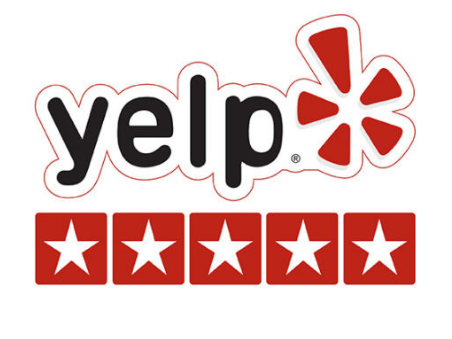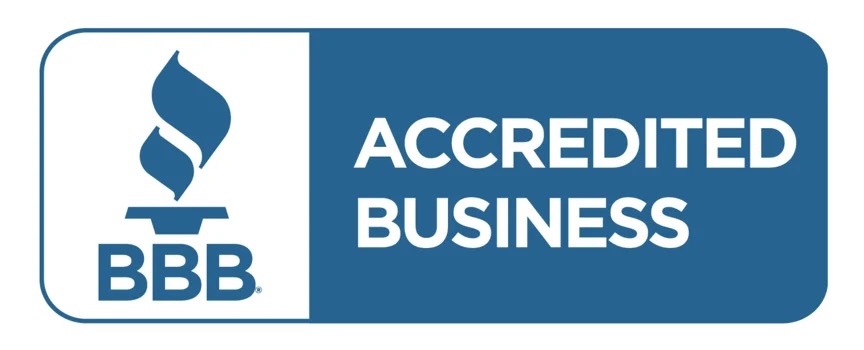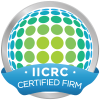Living in Glendale, Colorado offers many perks—from its close proximity to Denver to its vibrant community and beautiful surroundings. But like any place, homeowners in Glendale face risks when it comes to property damage. Water intrusion, mold growth, sewage backups, and burst pipes can happen fast and create serious problems if not addressed immediately.
Here’s what Glendale residents need to know about four critical home restoration services: mold inspection and remediation, water damage cleanup and restoration, sewage backup repair and cleanup, and burst pipe repair and cleanup.
1. Mold Inspection and Remediation in Glendale, CO
Mold is a silent intruder. It thrives in damp, dark environments and often goes unnoticed until it starts affecting your health or damaging your property. In Glendale, mold growth is common in areas with poor ventilation, like basements, attics, and bathrooms, especially after water damage or plumbing leaks.
Professional mold inspection uses specialized tools to detect mold in hidden spaces—behind walls, under floors, or in HVAC systems. Inspectors may also conduct air quality tests to measure the level of mold spores inside your home.
If mold is found, mold remediation begins with containment to stop the spread of spores. Restoration crews then remove mold-contaminated materials and clean the area thoroughly using HEPA filters and antimicrobial treatments. In severe cases, drywall, flooring, and insulation may need to be replaced.
It’s not enough to just remove mold—the root cause, usually moisture, must be addressed. This could involve fixing leaks, improving drainage, or adding ventilation.
Glendale homeowners should act fast if they notice a musty odor, visible mold patches, or allergy-like symptoms. Quick professional help can prevent serious health issues and property damage.
2. Water Damage Cleanup and Restoration in Glendale, CO
Water damage is one of the most common and destructive issues homeowners face. It can result from leaky roofs, broken appliances, plumbing failures, or storms. In Glendale, sudden weather changes and snowmelt can lead to flooding, especially in basements or low-lying areas.
Water damage restoration starts with immediate water extraction using powerful vacuums and pumps. Next, professionals use industrial fans and dehumidifiers to dry the area completely, preventing mold growth and structural weakening.
Once the area is dry, the restoration team evaluates what can be saved and what needs to be replaced. Damaged drywall, flooring, and personal belongings may need to be removed. Sanitization follows to kill bacteria and eliminate odors.
Water damage can worsen fast—the longer it’s left untreated, the higher the repair costs. Glendale residents are advised to contact restoration professionals as soon as water damage is noticed to limit the impact.
Many restoration companies in Glendale work directly with insurance providers to streamline claims, giving homeowners peace of mind during a stressful time.
3. Sewage Backup Repair and Cleanup in Glendale, CO
Sewage backups are dangerous, messy, and stressful. They happen when wastewater flows back into your home due to clogged pipes, heavy rainfall, or damaged sewer lines. In Glendale, older sewer systems and heavy snowmelt in spring can increase the risk of backups.
Sewage water contains harmful pathogens—bacteria, viruses, and parasites—that pose serious health risks. Sewer cleanup requires professional attention to ensure safety and proper sanitation.
The process starts with the safe removal of sewage water using protective equipment and specialized pumps. Then, all contaminated areas are cleaned and disinfected using hospital-grade solutions. Damaged materials, such as carpeting, insulation, and drywall, are removed and replaced if necessary.
After cleanup, drying the area is critical to prevent mold and future damage. Restoration professionals also inspect for underlying issues, like cracked pipes or tree root infiltration, to prevent repeat problems.
Homeowners should never attempt to clean sewage backups on their own. Hiring a certified sewage cleanup crew ensures the job is done safely and thoroughly.
4. Burst Pipe Repair and Cleanup in Glendale, CO
Freezing winters in Glendale can spell disaster for plumbing. When water freezes in pipes, it expands and creates pressure, which can cause pipes to burst. This often leads to significant flooding inside homes, especially in uninsulated areas like basements, garages, or attics.
Burst pipe repair starts with shutting off the water and locating the break. Emergency plumbers repair or replace the damaged pipe, but that’s only the beginning. Water cleanup and restoration must follow immediately to prevent further damage.
Restoration crews extract the water, dry the area, and assess structural damage. Wet drywall, insulation, and flooring are removed if needed. The area is then cleaned and disinfected, with moisture sensors used to ensure no hidden water remains.
To prevent future bursts, professionals may recommend pipe insulation, heat tape, or updating old plumbing systems.
In Glendale, burst pipes can cause thousands in damages if not handled quickly. Homeowners should have emergency numbers ready and take steps to winterize plumbing before cold weather hits.
Why Choose Professional Restoration in Glendale, CO?
Dealing with property damage is overwhelming, but trying to handle it without professional help can lead to bigger problems. Restoration companies in Glendale have the tools, training, and experience to handle emergencies fast and thoroughly.
Benefits of hiring local experts:
- Fast emergency response
- Knowledge of local weather and building codes
- Advanced equipment for water extraction, drying, and sanitation
- Experience handling insurance claims
Glendale homeowners can feel confident knowing help is nearby when disaster strikes.
Property damage from mold, water, sewage, or burst pipes can happen to anyone—but with the right help, recovery is possible. In Glendale, Colorado, restoration services are available to respond quickly and minimize damage.
Don’t wait for problems to get worse. If you suspect mold, notice water damage, or experience a sewage backup or burst pipe, call a local restoration specialist immediately. Quick action protects your home, your health, and your peace of mind.




